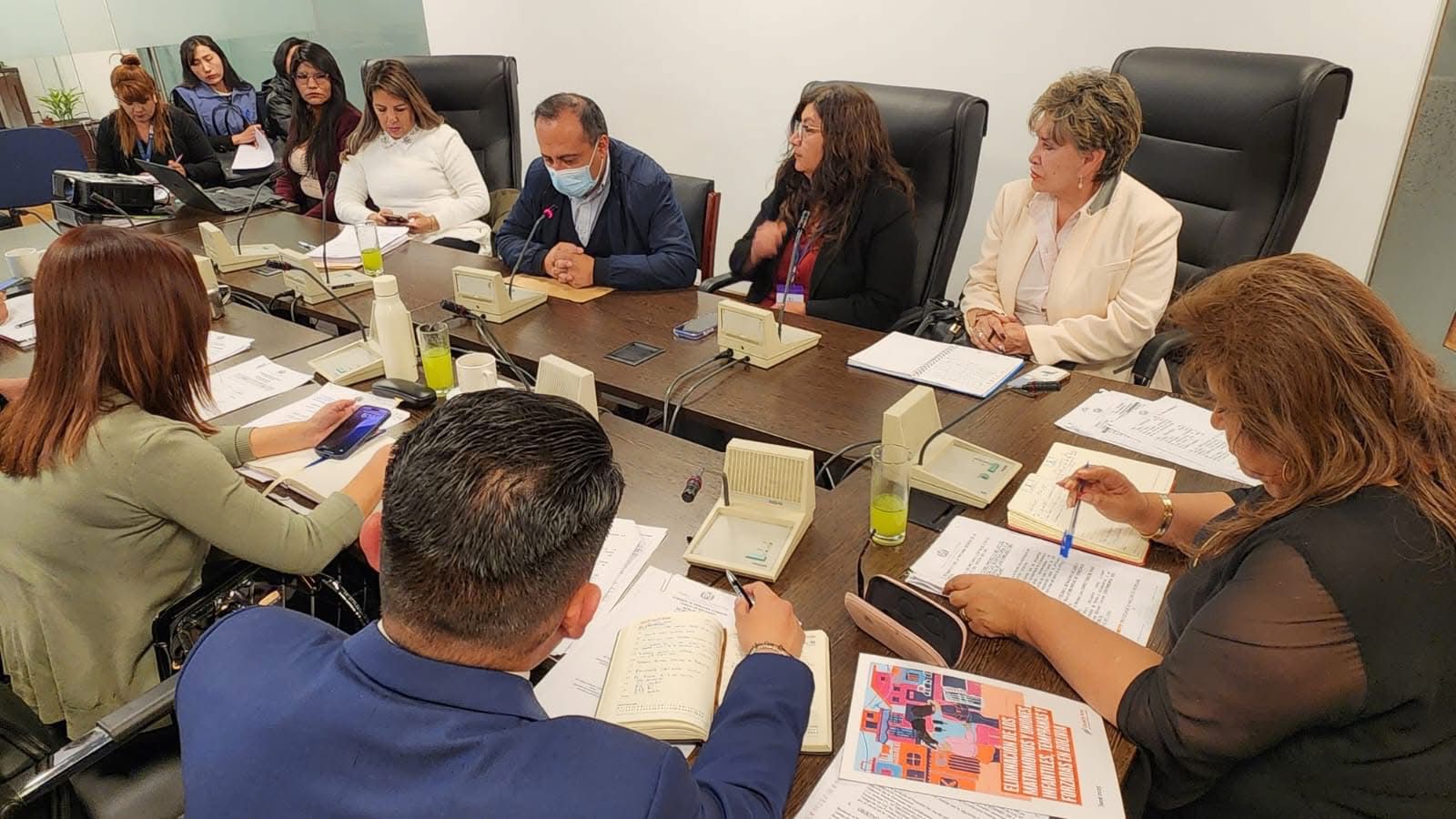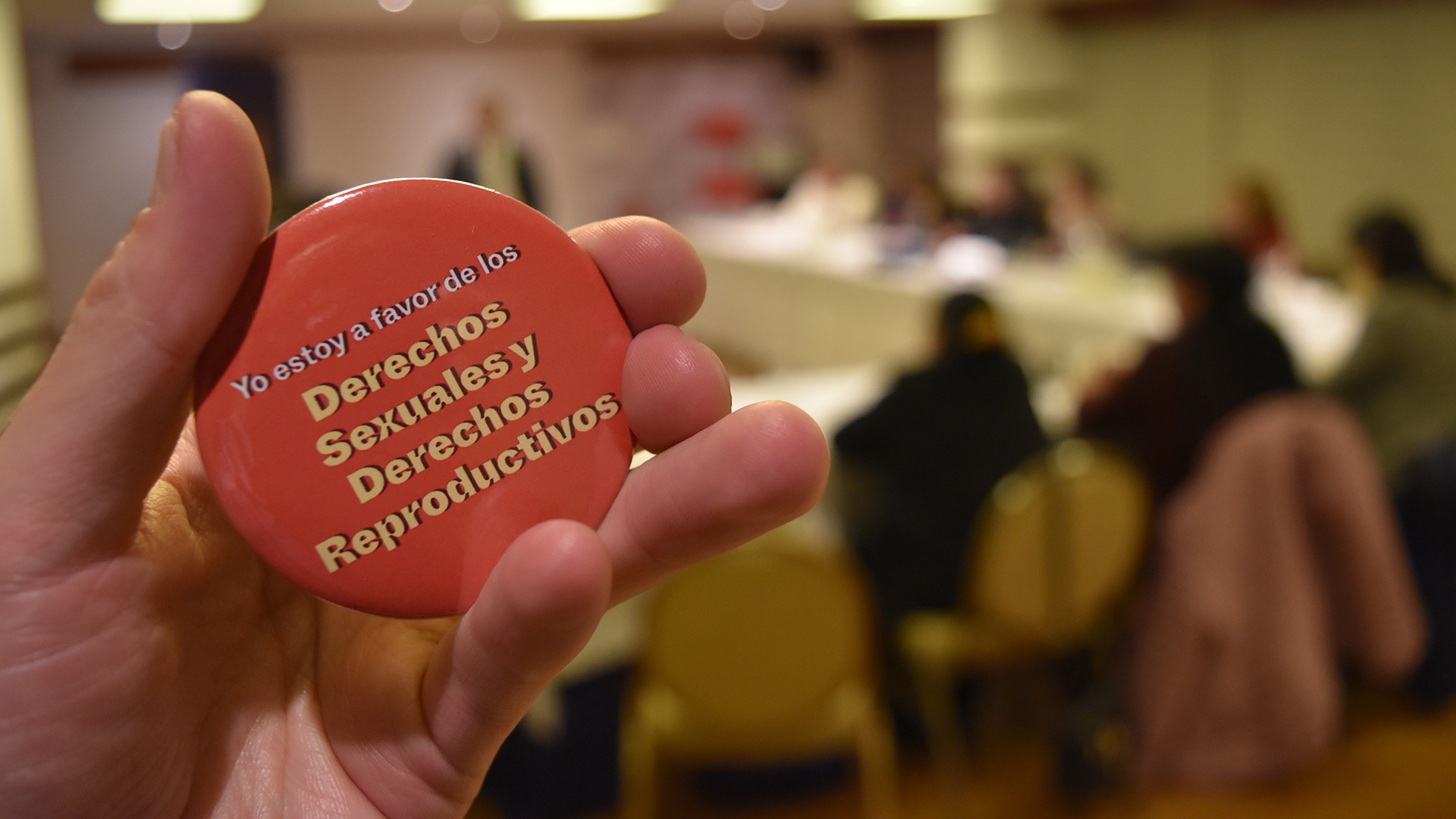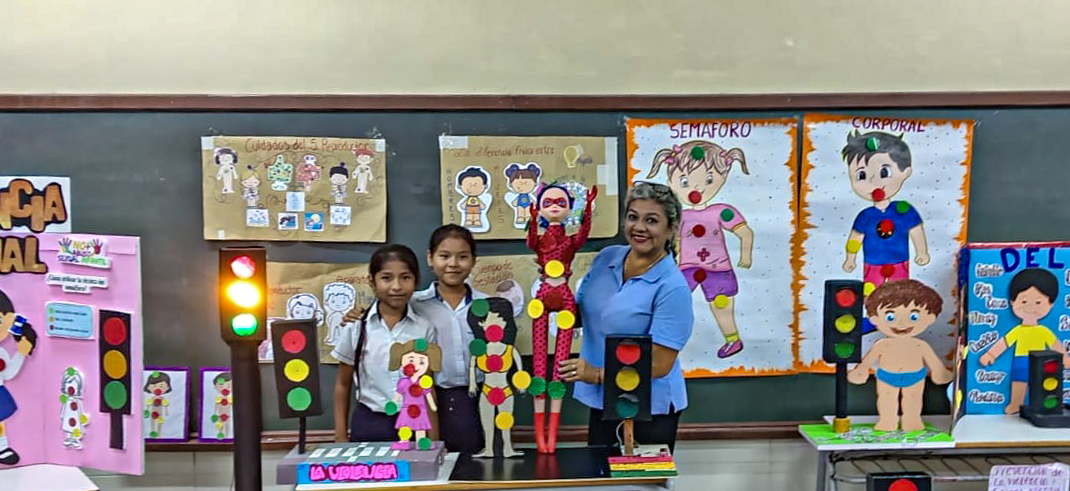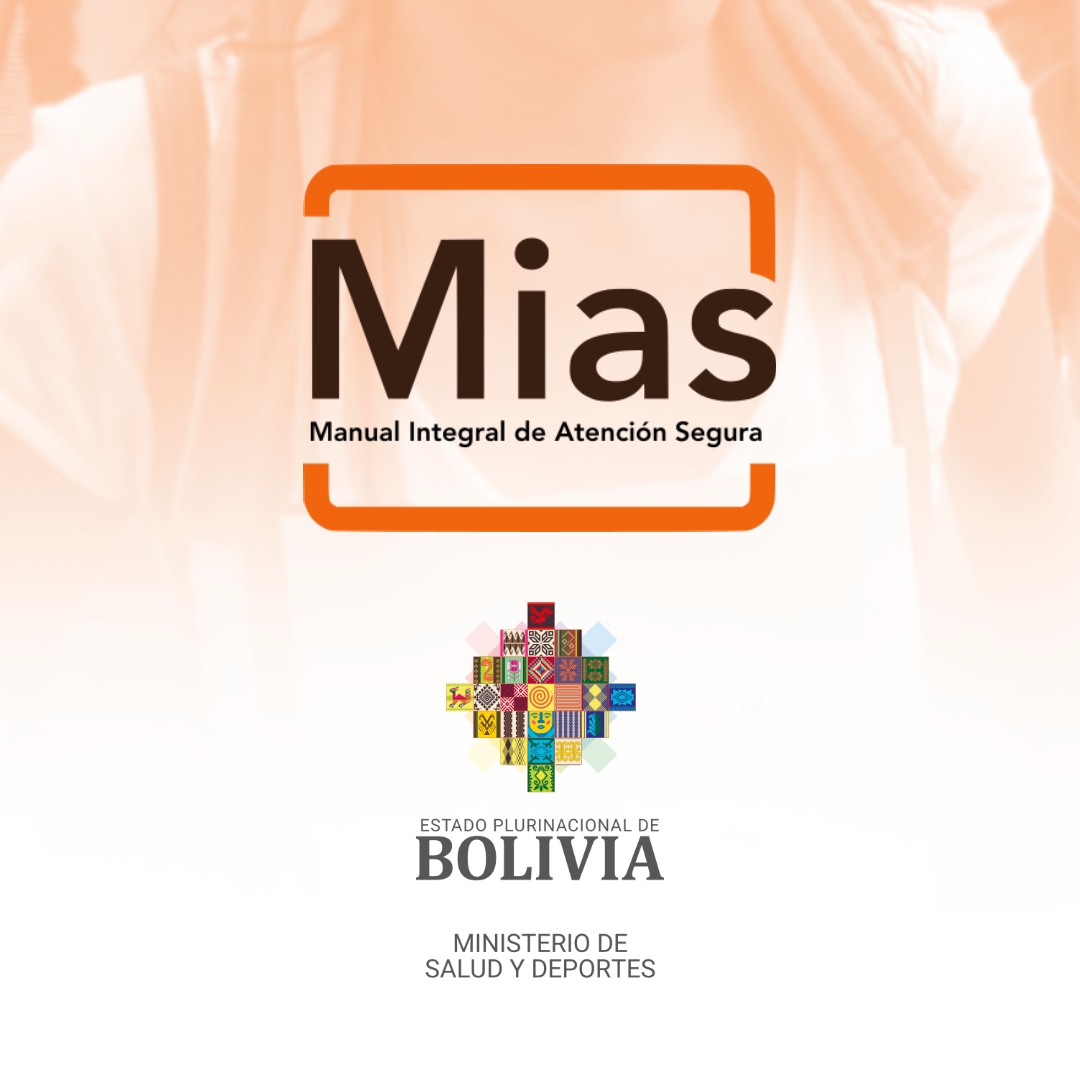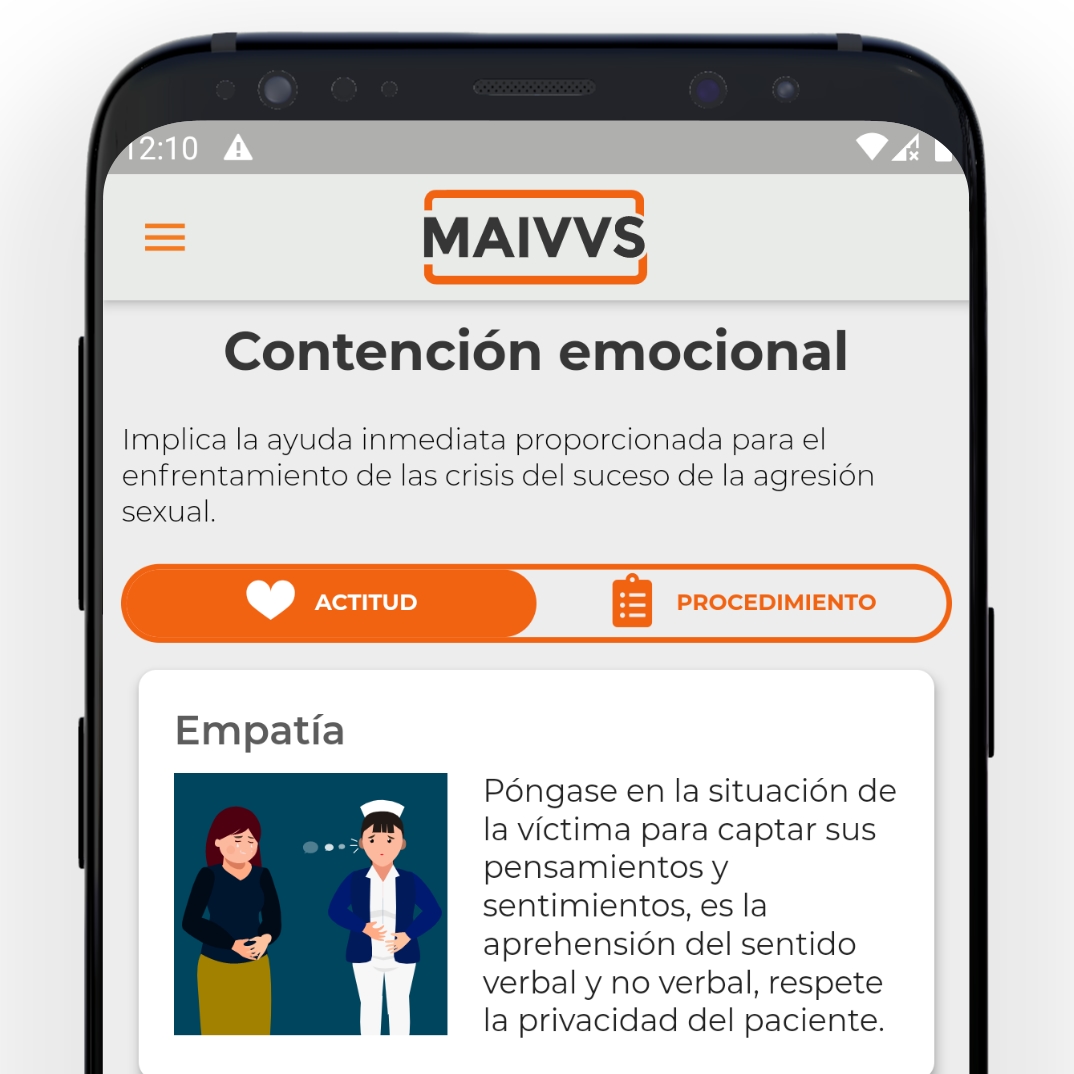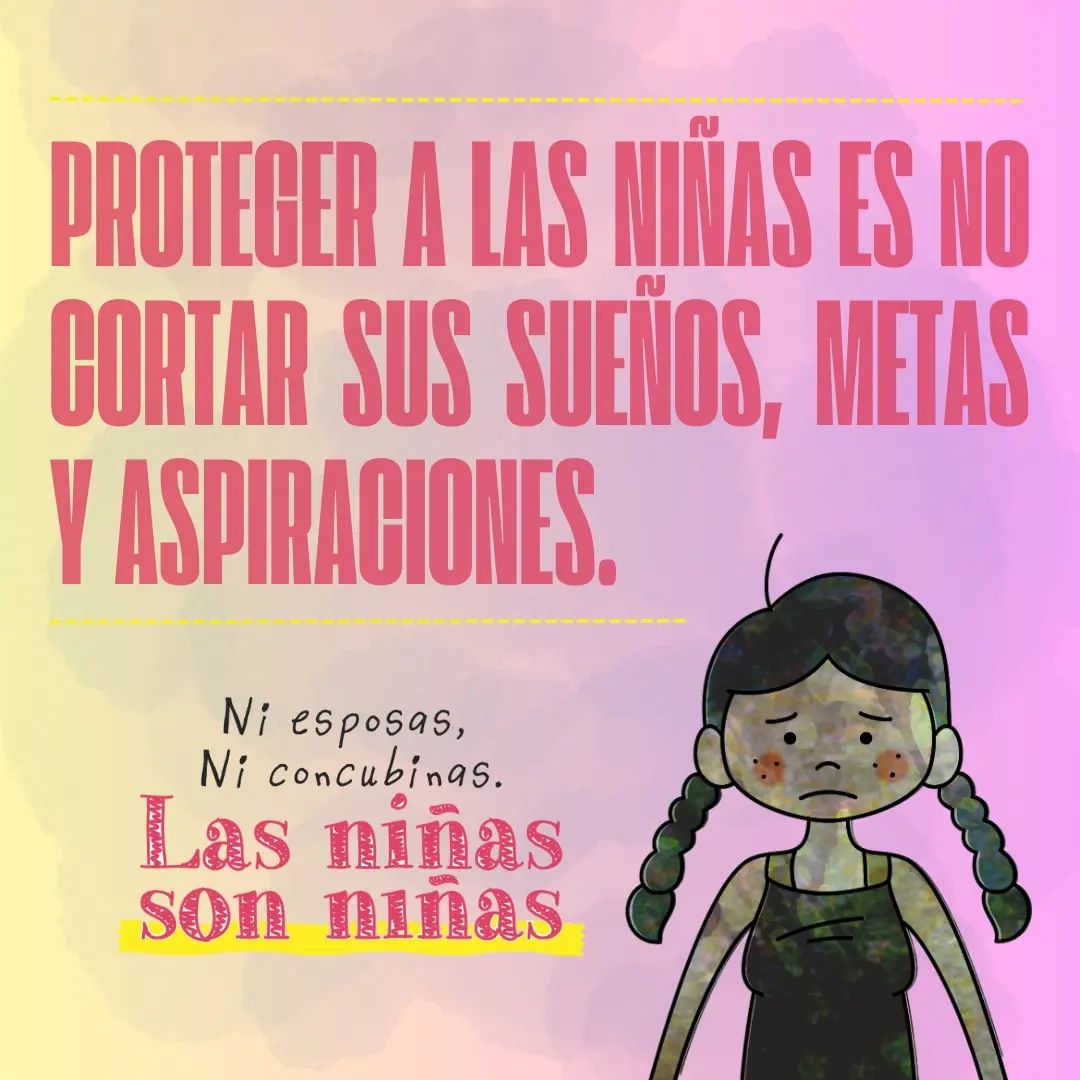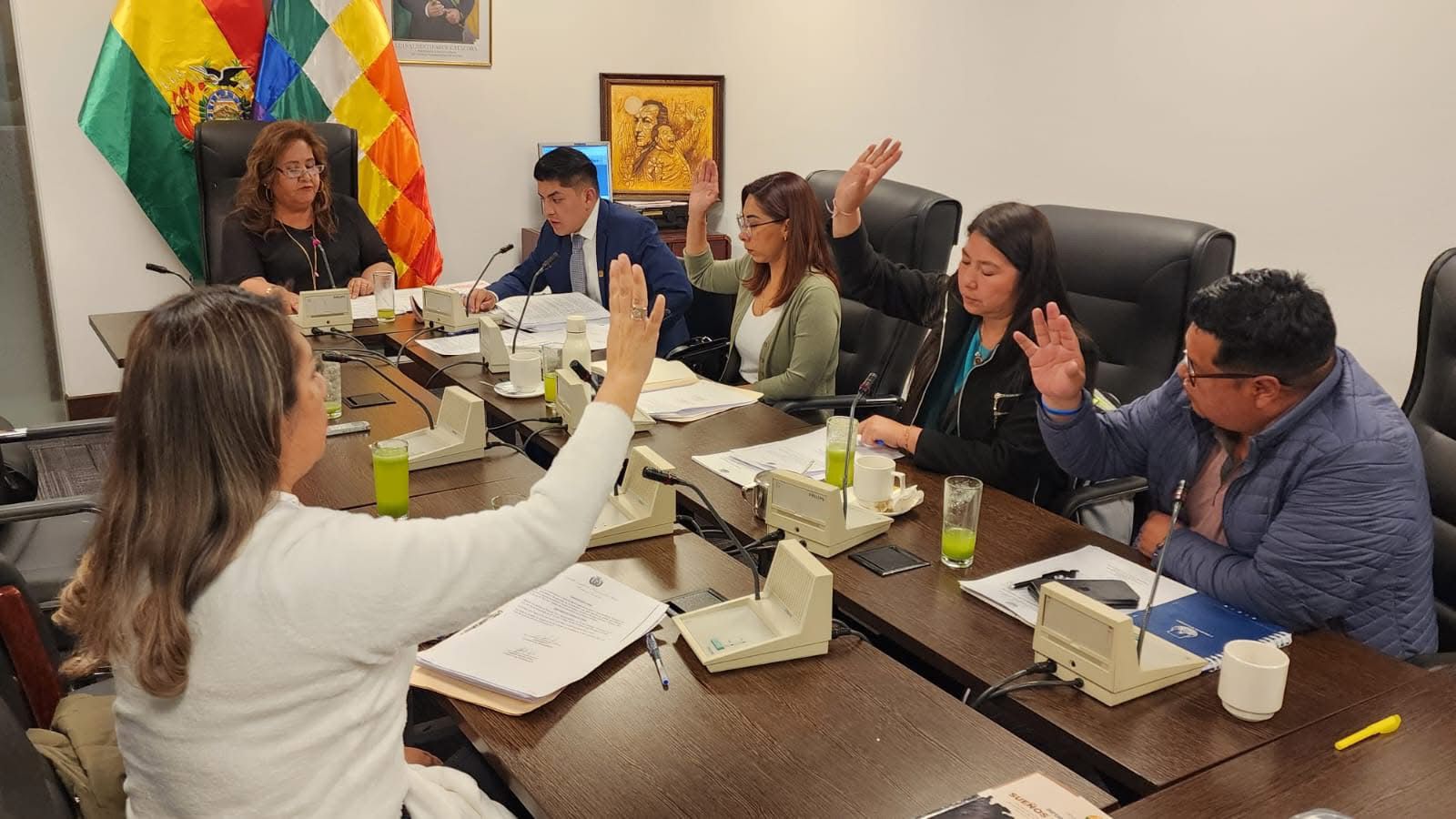In a key advance for the protection of the rights of children and adolescents in Bolivia, the Human Rights Commission of the Chamber of Deputies unanimously approved this Wednesday, August 13, Bill No. 092/2024-2025. The initiative modifies the Code of Families and Family Process (Law No. 603) to absolutely prohibit marriage and early and forced unions in minors. The project has the support of Ipas Bolivia, the Human Rights Community and other organizations that work to defend the rights of children and adolescents.
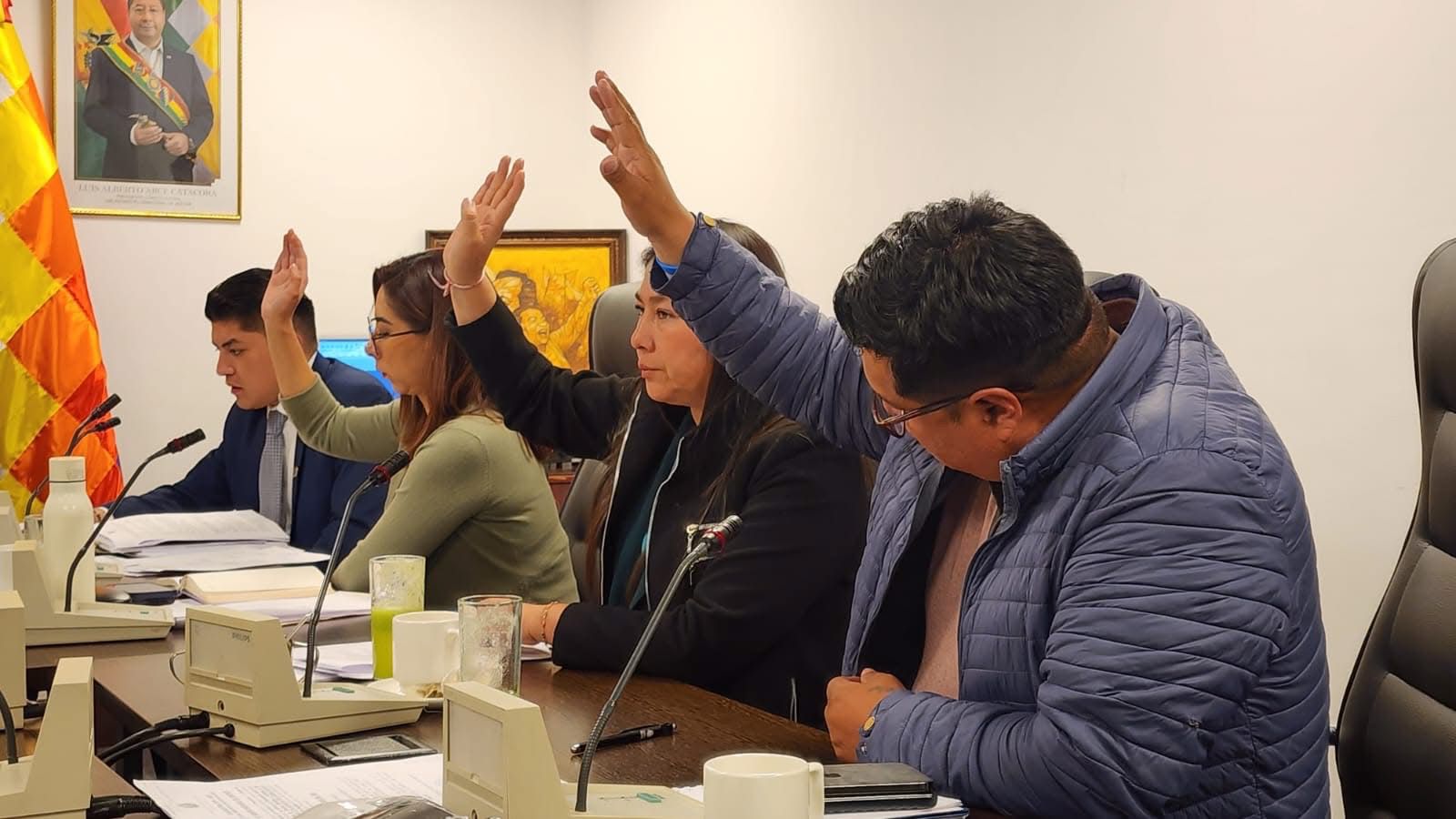
The president of the Commission, Representative Betty Yañíquez Lozano, highlighted “this measure seeks to guarantee that Bolivian children and adolescents can live their childhood to the fullest, without being forced to marry by adult decision or court order. Child marriage constitutes a form of violence and a serious violation of rights that interrupts education, affects physical and mental health and perpetuates cycles of poverty and inequality“.
The bill, drafted by the Senate, was strongly supported by human rights (HR) and sexual and reproductive rights (SRHR) organizations, with Ipas Bolivia as the driving force, along with the Human Rights Community and the Ombudsman’s Office. During the session, the director of Ipas Bolivia, Malena Morales, participated actively along with the technical secretary of the Human Rights Community, Mónica Bayá, and representatives of the Ombudsman’s Office, reaffirming the urgency of eradicating practices that violate the dignity of girls and adolescents.
Ipas Bolivia warned about the worrying incidence of pregnancies among girls between the ages of 10 and 15, a problem that, according to the organization, is closely linked to early and forced unions that seriously violate children’s rights. The organization emphasized that these situations not only have physical consequences, such as high risks to maternal and child health, but also profound emotional, social and educational repercussions that limit the comprehensive development of minors.
This is a fundamental advance to prevent child pregnancies and guarantee the protection of those who have been victims of sexual violence, offering a legal framework that prevents the validation of unions that threaten their wellbeing and future.
The approval was given at the fourteenth ordinary session of the Committee, in an atmosphere of consensus and legislative compromise. The bill will now be forwarded to the plenary of the Chamber of Deputies for final consideration.
With this measure, Bolivia takes a significant step towards fulfilling its international human rights obligations, setting a precedent in the fight against child marriage and reaffirming that children and adolescents should grow up free from violence and with full opportunities for their development.
